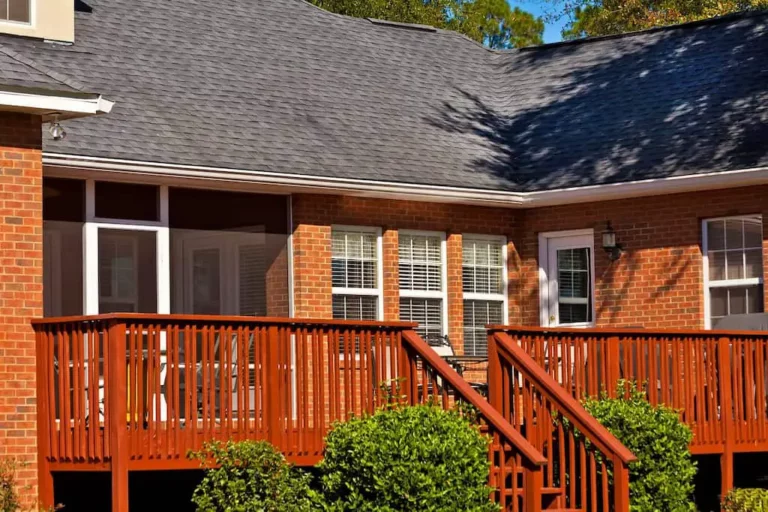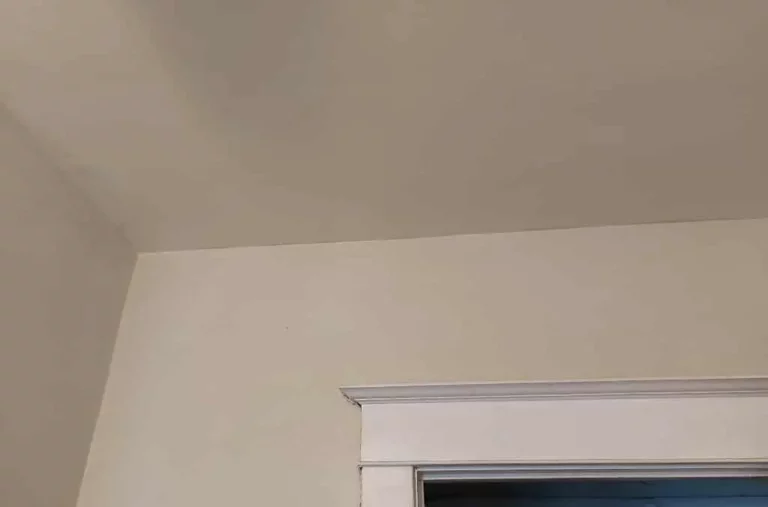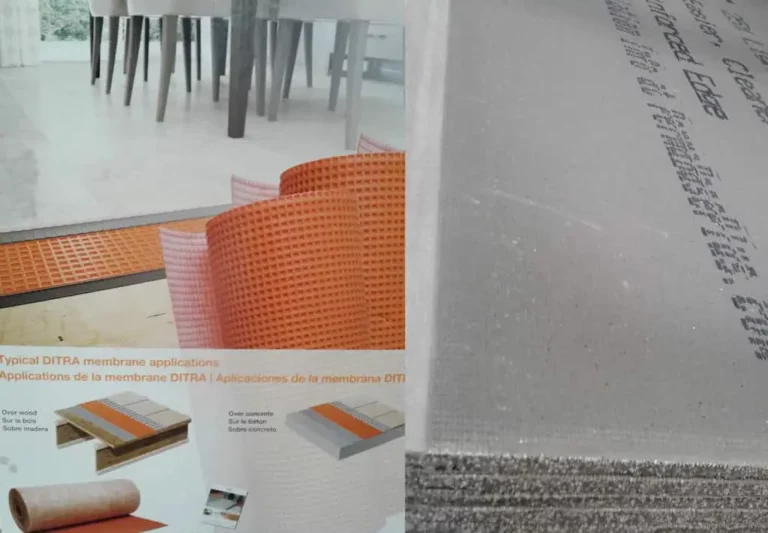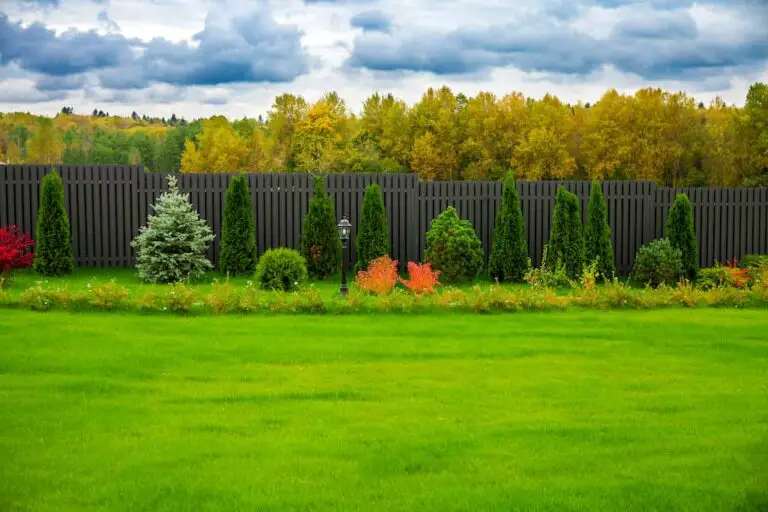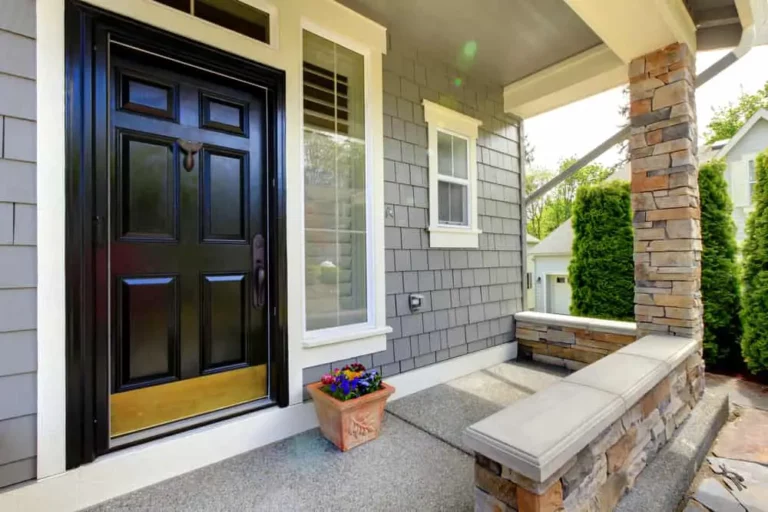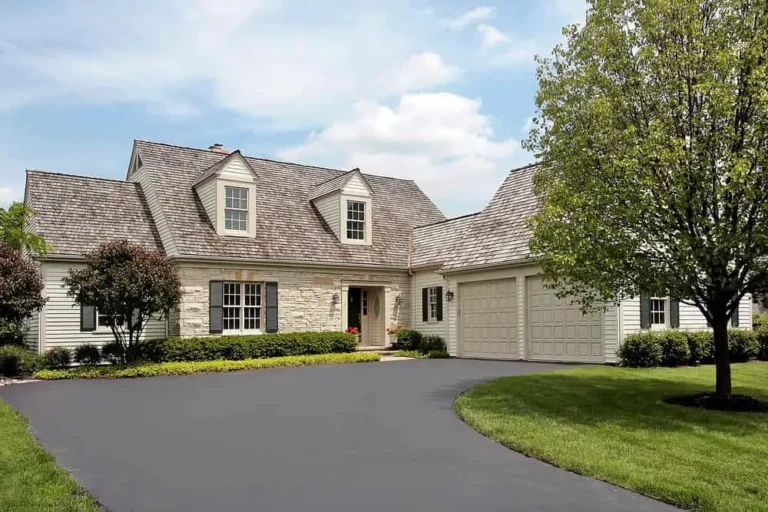Is Vinyl Flooring A Good Option For You? Read This Guide To Find Out
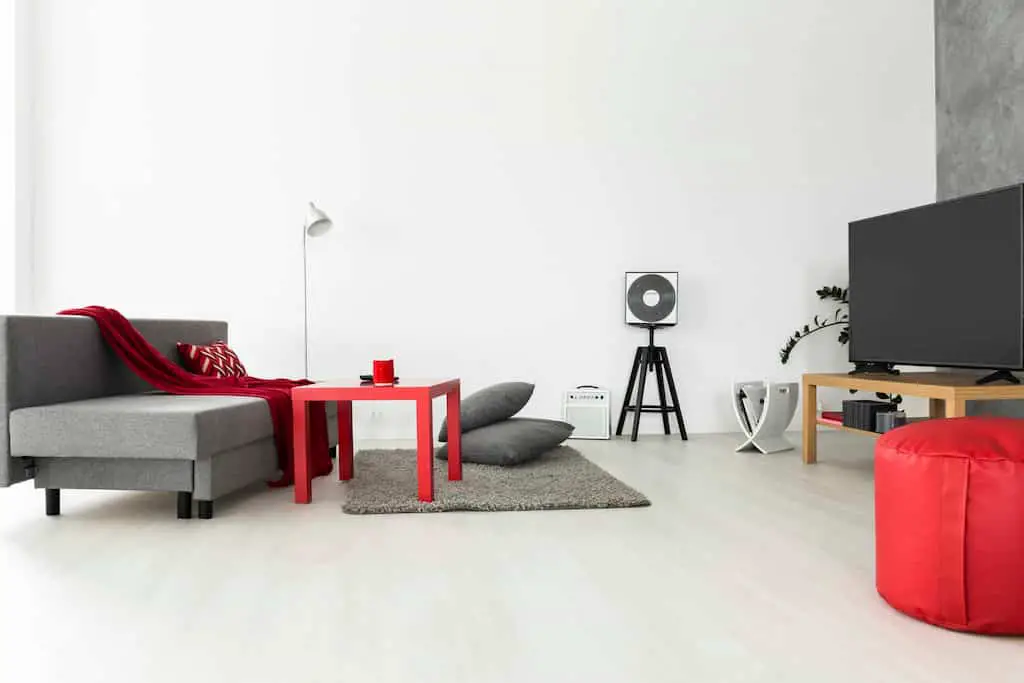
Vinyl flooring can be found in almost every hardware store, and is available in almost every shade imaginable. It’s popular for a wide range of reasons, but figuring out whether it’s right for you can be difficult.
Is vinyl flooring a good option for you? Most people who are looking for a durable, stylish flooring option that comes at a fraction of the cost of hardwood will find vinyl flooring to be a great pick. This flooring choice is ideal for high traffic areas, and also is remarkably easy to install.
Figuring out whether you should switch to vinyl flooring is not always easy, especially if you have the budget for high-ticket flooring. This guide will help answer common questions you might have about this flooring style.
Is Vinyl Flooring A Good Option For You?
For the most part, almost every home works well with vinyl flooring. Since it’s made to be easy to install and durable, it can be a viable option for flooring in most high traffic areas. To get a better understanding about vinyl floors, let’s take a look at the four most common factors people look at when making a decision:
- Style
- Cost
- Installation
- Durability
When you’re mulling over the idea of getting some beautiful new vinyl floors, it’s a good idea to take a look at each element to get an idea of what vinyl can offer you.
Is Vinyl Flooring Stylish?
Back in the old days, vinyl flooring meant that you would have cheap-looking tiles that would be installed on kitchen and bathroom surfaces. It was a way to have something on your floor when you didn’t want to deal with linoleum—the bottom of the barrel during that time.
Vinyl’s come a long, long way since then. Unlike the first days of vinyl, you can now find vinyl tiles that mimic almost every style and texture out there. This makes vinyl a great way to get a wood floor appearance, a marble floor appearance, or a stone look at a fraction of the cost.
How Much Does It Cost To Install Vinyl Flooring?
Pricing is an issue for many people, which is why they actually turn to vinyl in the first place. Though the full cost of vinyl flooring can depend based on the style, brand, and type of planks you buy, the general rule of thumb is that you will need to spend between $800 to $1000 to install vinyl flooring on a 20 square foot area.
Is Vinyl Easy To Install?
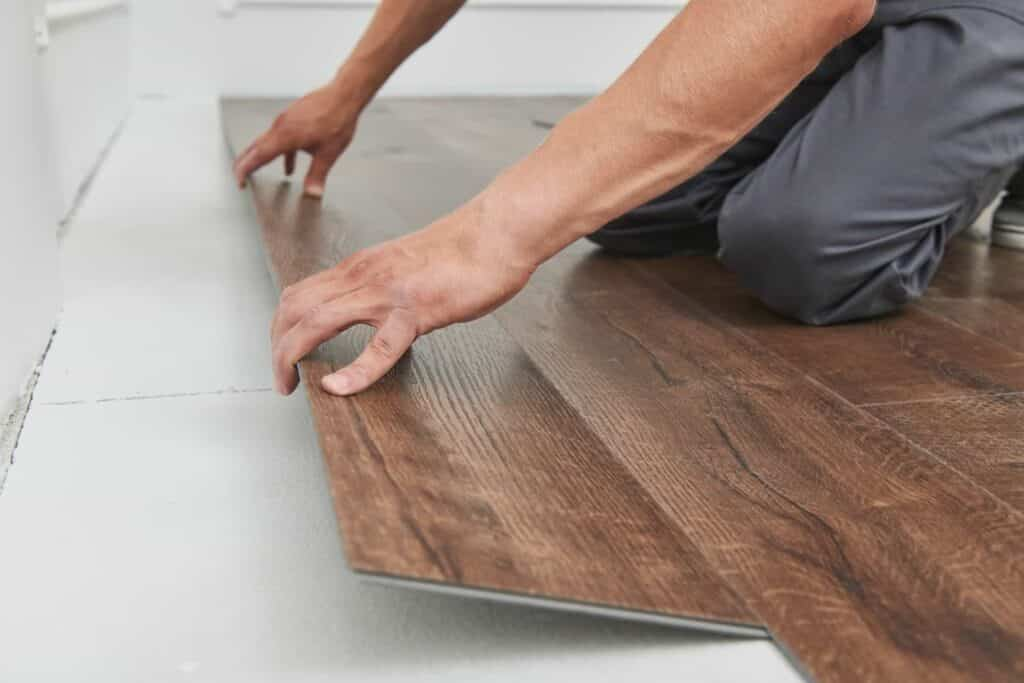
Compared to most other types of flooring, vinyl is remarkably easy to install. Unlike other forms of flooring, you don’t need to have a specific type of base underneath. All you need to do is start off by laying plywood underneath, and then place the tiles over it.
A lot of homeowners who are into the DIY scene prefer to use vinyl planks or sheet vinyl because it’s easier to work with. It’s easy to cut, snaps together, and doesn’t need a bonding agent.
Moreover, since vinyl doesn’t have a drying time (like poured concrete), it’s a material that generally guarantees a faster installation time.
Do You Need Underlay For Vinyl Flooring?
Many other forms of flooring, such as hardwood, need underlay in order to be comfortable. Vinyl is designed to be pre-cushioned, so there’s no need to buy underlay. However, many homeowners still use underlay for extra cushioning.
Is Installing Vinyl Dangerous?
Compared to most other types of flooring, vinyl is remarkably safe to work with and requires almost no specialty tools to install. This is what makes it a favorite among DIY home improvement aficionados.
The only sharp item you will use in an install is a knife. Tacks, poisonous chemicals, hot asphalt, concrete…those don’t make an appearance in a typical vinyl flooring installation. Needless to say, it’s a nice change of pace when compared to other projects.
How Durable Is Vinyl?
In the past, synthetic flooring like vinyl was known for being shoddy in durability. This is no longer the case. If you choose to get vinyl planks, you’ll be happy to know that you can expect them to last from 10 to 15 years.
Modern vinyl is scratch-resistant, mold-resistant, and also designed to be remarkably easy to clean. All you need to get your vinyl spotless is a mop. It’s also notably heat-resistant. That’s precisely why most professional kitchens are now working towards outfitting their areas with vinyl.
Vinyl Flooring Safety: Is Vinyl Flooring Toxic?
One of the biggest drawbacks people have when they’re considering getting vinyl flooring is the material’s reputation for being toxic. This is because many types of vinyl flooring tend to release gasses into the air as a result of the plastic portions of the tiling.
If you are very health-conscious and are seriously concerned about toxins in your home, getting vinyl flooring might not be right for you. However, it’s important to know that it’s a matter of dosage. The amount of gas that vinyl expels is very low and has not been linked to serious heath damage.
How Long Does Vinyl Give Out Gas?
One of the things people really should consider when they’re about to buy vinyl is the amount of time that the vinyl flooring will emit gas. Most people don’t know this, but the gas emissions aren’t an entirely permanent issue.
Most of the gas emissions that vinyl will release will occur in the first two weeks of installation. From there, you can expect the scent to drop off quickly, with most flooring types eventually ceasing the vast majority of emissions within one to two months.
Is Vinyl Flooring Safe For Nurseries?
Due to the toxic reputation that vinyl flooring has, it’s common to hear of parents who are leery of installing vinyl floors in their children’s rooms. However, there has not been any proof to suggest that having vinyl could pose a threat to children’s health.
That being said, parents could be forgiven for choosing to err on the side of caution. While it may not make much of a difference, choosing an alternative material may give worried parents peace of mind that money can’t buy.
Can Vinyl Get Moldy?
If you live in a humid area, or an area prone to flooding, you’re probably concerned about the risk of getting mold. After all, vinyl isn’t exactly stone or concrete, which is notorious for being resistant to mold and mildew. Here’s what you need to know:
- Most vinyl flooring is now made to be mildew and mold-resistant. This means that a little bit of moisture or humidity won’t hurt your vinyl. However, that doesn’t mean they’re immune to water. Flooding or long-term neglect will still lead to mildew and mold.
- You can reduce the risk of mold by regularly wiping down your vinyl with cleaning products. Most mildew won’t live long if exposed to cleaning products. Mopping your floor using a bleach mix and a hot water rinse can help nip mold problems in the bud.
- If you’re concerned about mold, you might want to consider adding a moisture barrier or a sealant. There are several different ways to get a barrier that prevents moisture from seeping in. It’s best to ask a home improvement guru which solution is best for you.
- Families who are severely allergic to mold and worry about underfloor mold should consider using classic tile instead. Though it’s more expensive and more labor-intensive to add to a home, porcelain tiling is far less likely to accumulate mold underneath its flooring.
I wrote this practical guide in how to prevent mold under vinyl flooring can help you to prevent any issue in the future.
What Rooms Do Best With Vinyl Flooring?
Though vinyl flooring can work in any room, there are some rooms that do better with vinyl than others. These include:
- Bedrooms. While many people love the warm feeling of carpet on their toes, some prefer hardwood. If you are on a first floor, hardwood isn’t always doable. Vinyl can be a good solution for people who want a stylish hardwood floor in their rooms.
- Kitchens. Vinyl flooring remains a mainstay in kitchens around the world because of how easy it is to clean. It also feels way better underfoot than more traditional materials like stone.
- Bathrooms. Another common area for vinyl to be found is in the bathroom, but there’s a catch. To make sure that your bathroom remains mold-free, it’s best to get bathroom vinyl flooring. This will give you the luxurious look you want with a higher resistance to mold.
- Laundry Rooms. Due to all the washing and sorting that has to be done in a laundry room, it’s good to find a durable material for your flooring. Vinyl flooring offers both durability and elegance for this small but utilitarian room.
- Basement Rooms. Let’s just be honest. Poured concrete basement flooring isn’t comfortable, nor is it nice to look at. Vinyl is an option, simply because it doesn’t require any underlay.
When Is Vinyl Flooring A Bad Idea?
Truth be told, most situations would do well with vinyl. There are only a handful of times when people will warn you against vinyl. The most common reason people will advise against it is if you are dealing with a flooring situation that could lead to regular flooding.
Homes that are prone to flooding should try to stick to classic porcelain tile, poured concrete, or stone. Since vinyl does have the potential to grow mold underneath its plates, it generally shouldn’t be used in areas that are known for having mold problems.
What’s The Best Type Of Vinyl Flooring To Use?
Luxury vinyl panels are typically seen as the best of the best. However, the type of vinyl you should use all depends on what you want to accomplish with them. If you aren’t sure which will work best with your area, it’s best to ask someone at the hardware store to help you pick out the right vinyl for your needs.
If you are looking for durability, the best thing you can do for yourself is to shop for vinyl flooring that comes with a warranty. By choosing a flooring option with a guaranteed minimum lifespan, you will be able to get more peace of mind. Some companies go so far as to offer a lifetime warranty, which can greatly reduce the amount you pay for repairs.
Related Questions
- What’s the best way to clean vinyl flooring? Using a mixture between apple cider vinegar and water is a great way to clean up dirt and grime off your vinyl flooring, without actually having to deal with extra buildup. If you don’t have vinegar on hand, using a cleaner designed for vinyl floors is the next best thing.
- How can you tell if your vinyl flooring has mold underneath? Homes that have mold underneath their vinyl will often have a musty smell in affected rooms. You might also notice allergies acting up, or a strange black growth near the tiling. Water stains near your flooring can also be a major indicator of a moldy under-floor.
- How do you remove mold from a vinyl floor? Unless the mold is extremely extensive, most cases of mold can be taken care of through the use of a bleach mixture and gentle scrubbing of the tiles. Bleach kills mold quickly, which means that you won’t have to worry about your vinyl being damaged as a result of the treatment.
- What is the longest that vinyl flooring can last? If taken care of properly and used lightly, your vinyl flooring can last as long as 20 years or more. However, most flooring will last a (still respectable) 10 to 15.
- Can pet urine damage vinyl plank flooring? This all depends on how long your pet’s urine has been left on the flooring. If quickly cleaned up, your vinyl flooring will not have a problem. However, if your pet’s urine is left uncleaned for hours or days, you will most likely have some level of long-term damage.
